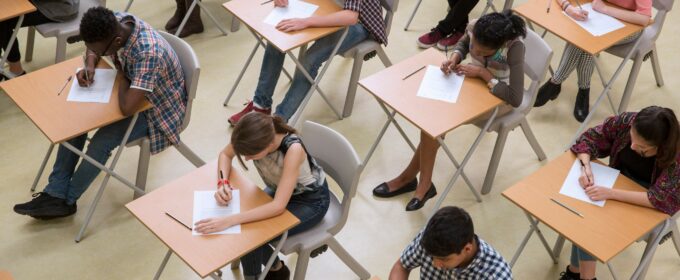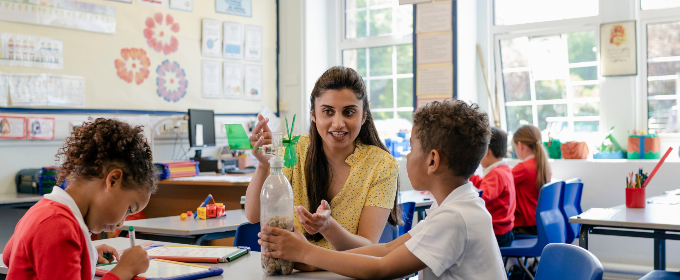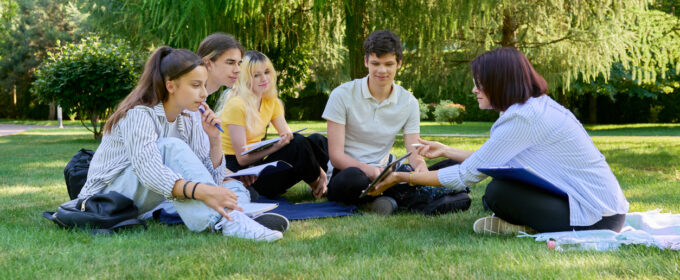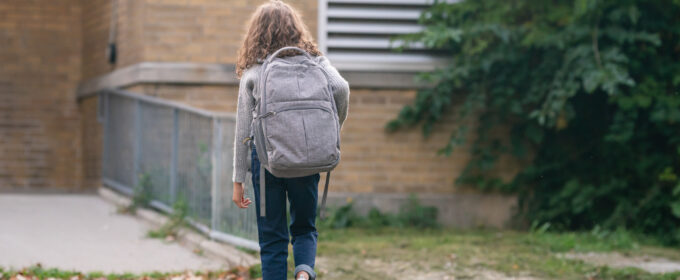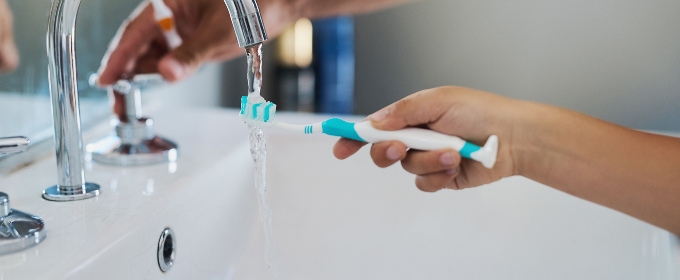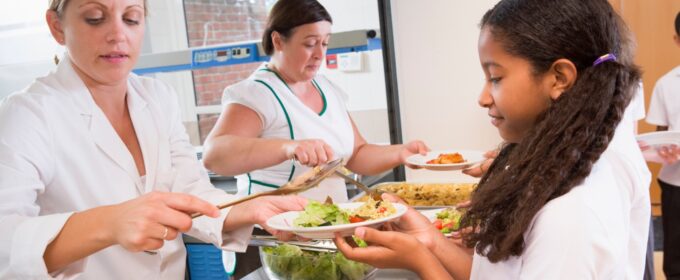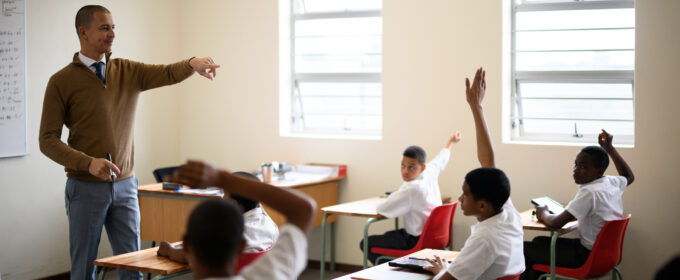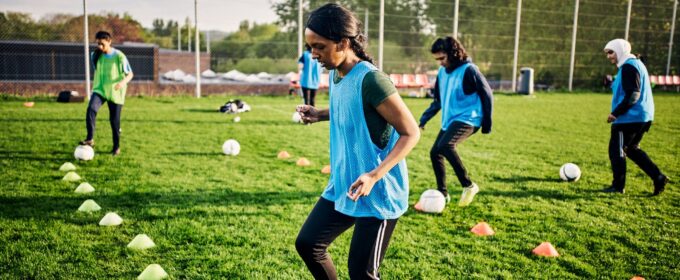The government’s Curriculum and Assessment Review outlines recommendations to strengthen curriculum and assessment. Its analysis of GCSEs highlights several areas for development. In this article, Dr Hannah Wilkinson, Professor Kevin Woods, Dr Tee Mccaldin and Aletia Daly highlight how their research identifies additional issues related to fairness, inclusion and student voice that warrant further consideration to […]
